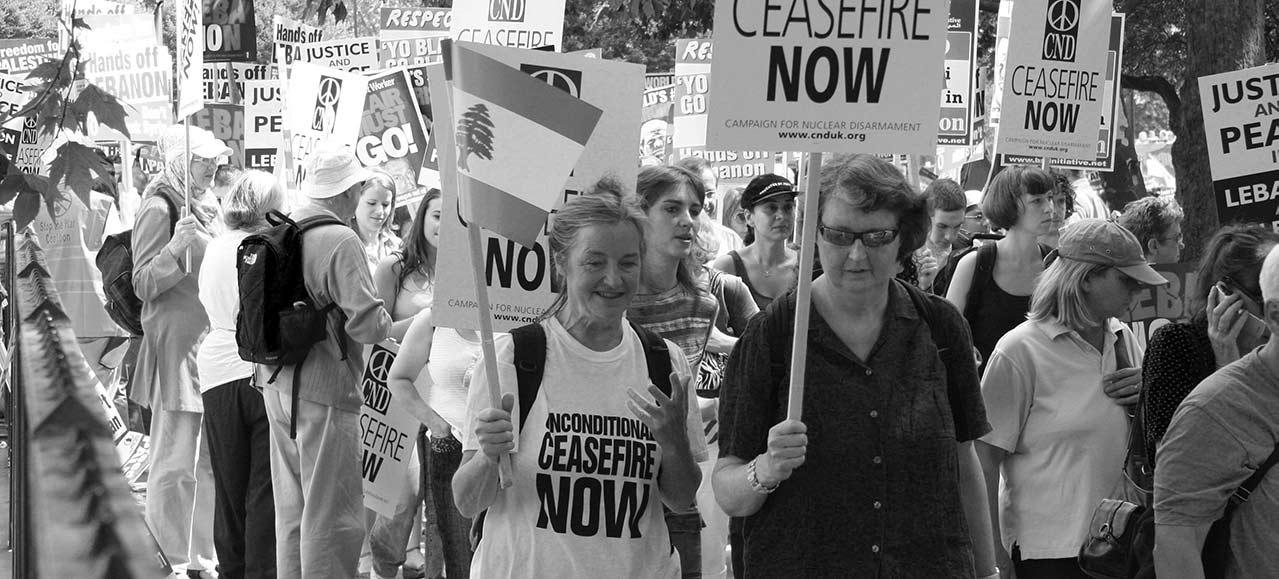
In this much-anticipated book, Justin Tosi and Brandon Warmke describe moral grandstanding (henceforth just “grandstanding”) as the use of “moral talk” (including much morally laden political discourse) for the purpose of impressing others with our own moral qualities. We might not try to show superior moral virtue, though that is often the aim, but just that we are morally respectable people – especially in cases where this is seriously in doubt. Tosi and Warmke are mainly concerned about the public use of moral talk, so they also characterise grandstanding as an expression of vanity within public discourse.
To make their idea more precise, the authors state that grandstanding is motivated by a “Recognition Desire”: a desire to be recognised by others for real or pretended moral qualities. For our public moral talk to count as grandstanding, the Recognition Desire behind it must be more than mild and incidental. It must be sufficiently strong that we’d be disappointed if the recognition were not forthcoming. The desire might be unconscious – which opens up scientific issues that I can’t explore here – but in any event, it must be a strong component of what motivated us to speak as we did. It follows that moral talk will not count as grandstanding for Tosi and Warmke merely because we say things that, as it happens, show us to be morally superior, or at least respectable, by some standard.
This can get complicated. For example, some statements that are literally true might, in context, clearly be motivated by the Recognition Desire. Even if a statement’s semantic meaning is something that happens to be true, what the speaker is attempting to convey might be very different, and it might be either true or false: “I am unusually sensitive to human rights abuses”; “I am intensely loyal to my political allies”; “I am, despite what you might have heard, a person of at least average moral virtue.”
Again, what the audience actually infers about the speaker might be very different from what the speaker wants to convey. The audience might infer something more like: “This person is pathetically vain” (or simply, “This person is a wanker”), or perhaps “This known sexual predator is trying to fool us that he is of at least average moral virtue.” Again, whatever inferences are drawn by the audience might be true or false, independently of the truth or falsity of what is literally stated and also of the truth or falsity of what the speaker is trying to convey. To their credit, Tosi and Warmke show an awareness of such complications, and their critics will likewise need to handle the complications with care.
The Recognition Desire does seem to explain some widespread kinds of behaviour that the authors discuss, such as when people take extreme positions that seem wildly out of proportion to the facts; accuse others of heinous transgressions when they have actually done little or nothing wrong; pile on to destroy some hapless victim through public shaming; employ rhetoric that suggests intense emotions, such as outrage, disgust, or hatred, when nothing has happened that appears so extraordinary as to explain such intensity; or outright dismiss views that come from thoughtful opponents and might have some merit.
Apart from harms to individuals singled out and punished by grandstanders, such behaviours can distort public discussion. They can involve grandstanders expressing views that they don’t sincerely hold, and the more destructive behaviours can create a social environment in which less motivated or self-confident speakers are intimidated into silence. The likely result is a mismatch between the distribution of opinions that are freely expressed in public by rival grandstanders and the distribution of opinions that individuals within a population actually (but privately) hold.
I expect that Grandstanding will fail to persuade some readers that grandstanding is commonplace. Some people are, after all, motivated to similar behaviour by genuine religious or ideological zealotry rather than by vanity. Expressions of outrage (though not necessarily other extreme behaviours) may also be common among people who are neither grandstanders nor zealots. From time to time, we might feel all feel outraged by breaches of widely accepted norms (human rights abuses, violations of the core criminal law, acts of blatant dishonesty, and so on). My own sense – based on personal experience and observation – is that both grandstanding and zealotry are common in public discourse, but reasonable people with different life experience might be unconvinced that they are.
In addition, some of the advice from Tosi and Warmke strikes me as unhelpful. I don’t, for example, support the suggestion that we should sometimes respond to obvious grandstanding with public accusations that the grandstander is attempting to cover up, or distract from, their own bad behaviour. That seems like a green light for even more grandstanding! The authors are, I think, on safer ground when they suggest that we lead by example, resisting our own impulses to grandstand. In all, Grandstanding does not provide the last word in the debate over our current environment of public discussion, but the debate is a healthy one, and this book makes a well-structured, provocative, and entertaining contribution.
Russell Blackford is a conjoint senior lecturer in philosophy at the University of Newcastle, NSW. His latest book is The Tyranny of Opinion: Conformity and the Future of Liberalism (Bloomsbury 2019).

